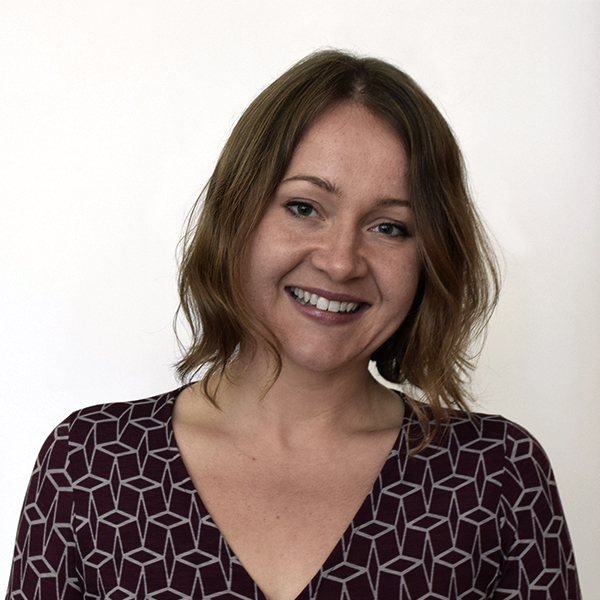
Columbia Alumni Reflect on HRAP: Rose Anderson
Friday, April 5, 2024
In honor of HRAP’s 35th anniversary, ISHR has asked Columbia University alumni to share their recollections of the program. The second alumnus to be featured is Rose Anderson who earned the HRSMA from ISHR in 2014.
I worked with the Human Rights Advocates Program from 2013 to 2014, while I pursued my MA in Human Rights at the Institute for the Study of Human Rights (ISHR) at Columbia. I knew the HRAP program from my previous stint at WITNESS, a human rights nonprofit based in Brooklyn. There, I had the opportunity to meet with HRAP Advocates in 2012 to present WITNESS’s work in training and disseminating best practices among activists and advocacy groups seeking to use video as a human rights tool. I was immediately impressed with HRAP and the vital human rights work being conducted by the Advocates in their respective home countries.
When I joined later HRAP in 2013, I had the pleasure of conducting and editing video interviews with Advocates from Nepal, Guatemala, Nigeria, Uganda, Zambia, Liberia, and South Sudan, which gave the Advocates a chance to share more about their human rights work and inspiration. I also set up the program's YouTube channel so these kinds of interviews could continue for the cohorts to come. I later became the Program Coordinator for 2014, and had the chance to see an entire full cycle of the HRAP program, from the incoming applications for the 2014 cohort, to later preparing for these Advocate's arrival in the Fall semester. In my role I participated in the orientation sessions, set up informational meetings and skills-building sessions for the Advocates with local human rights nonprofits, and prepared for the Advocates’ networking trip in DC to meet with nonprofits and funders relevant to their areas of work.
One memory that has stuck with me was taking a few of the Advocates to the Social Security Office in Manhattan and realizing how challenging these kinds of bureaucratic processes can be to newcomers, especially when these steps need to be taken almost immediately after landing in a new country, something that I have kept in mind in my current work supporting threatened scholars who are also newcomers to their respective locations and figuring out new systems. I remember also being impressed by how quickly the Advocates, not knowing each other beforehand, came together as a group, and witnessed many occasions where members of the group would lift one another up, whether to highlight an aspect of their colleague’s work they may have been too humble to share, or simply to help each other navigate their new city and get to the various meetings on time. There was a lot of mutual learning, and a lot of laughter, too.
I’ve been continually impressed by Stephanie Grepo’s dedication to the program. She and the selection committee carefully select each cohort, secure funding for each respective visit, and immediately begin preparations for the Advocates’ arrival, from visas to flights to accommodations. (HRAP was my first introduction to the J-1 visa, a process I now know well.)
The program requires year-round effort though each visit is a semester long, and Stephanie leads the work and drives the program forward with admirable dedication, intention, humor and a deep respect for the program’s commitment to giving additional tools to these Advocates doing vital human rights work in their countries and regions. It was an honor to work with the program and to meet Advocates making such significant contributions to the protection and promotion of human rights around the world. I wish HRAP many more decades of success.
Rose Anderson, HRAP Coordinator 2013-2014
Rose is now the Director of Protection Services at Scholars at Risk, a network that serves to promote academic freedom and protect threatened scholars. Rose graduated with an MA in Human Rights Studies from the Institute for the Study of Human Rights in 2014.





